By ORA Fellow Maria Victoria ‘Vivi’ Jaramillo
Ecuador’s Chocó Andino Biosphere Reserve is just an hour away from the concrete jungle better known as Quito, but for most city dwellers, it seems like a world away. Between traffic lights and Zoom calls, here in the city, we forget about the interdependence between our mouths and the hands that harvest.
From our lofty urban environments, members of the Quito Sin Minería constantly ask themselves: how do we bring the essence of the forest to the city? How do we represent its life, its clean water, and its magic? With awareness and careful responsibility, we make the decision to take the heartbeat of the Chocó Andino to Quito, every chance we get.
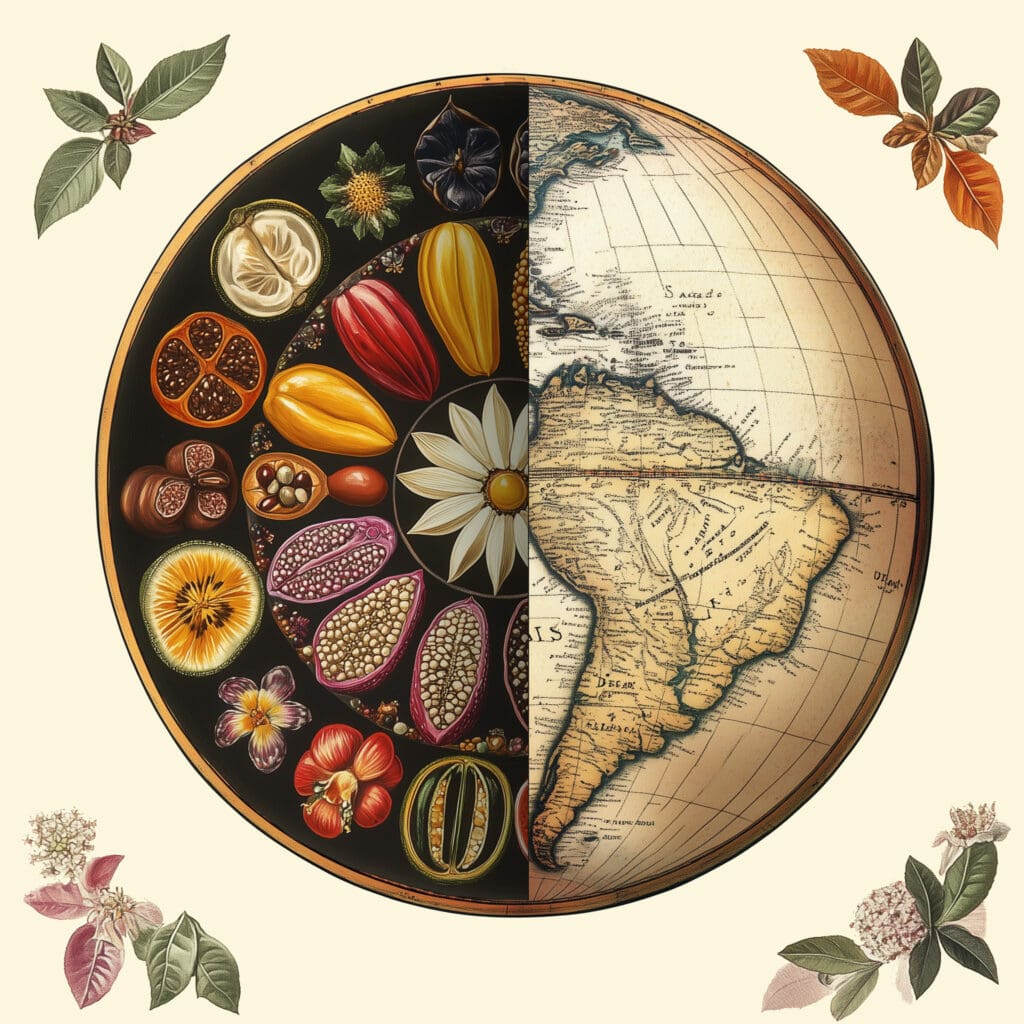
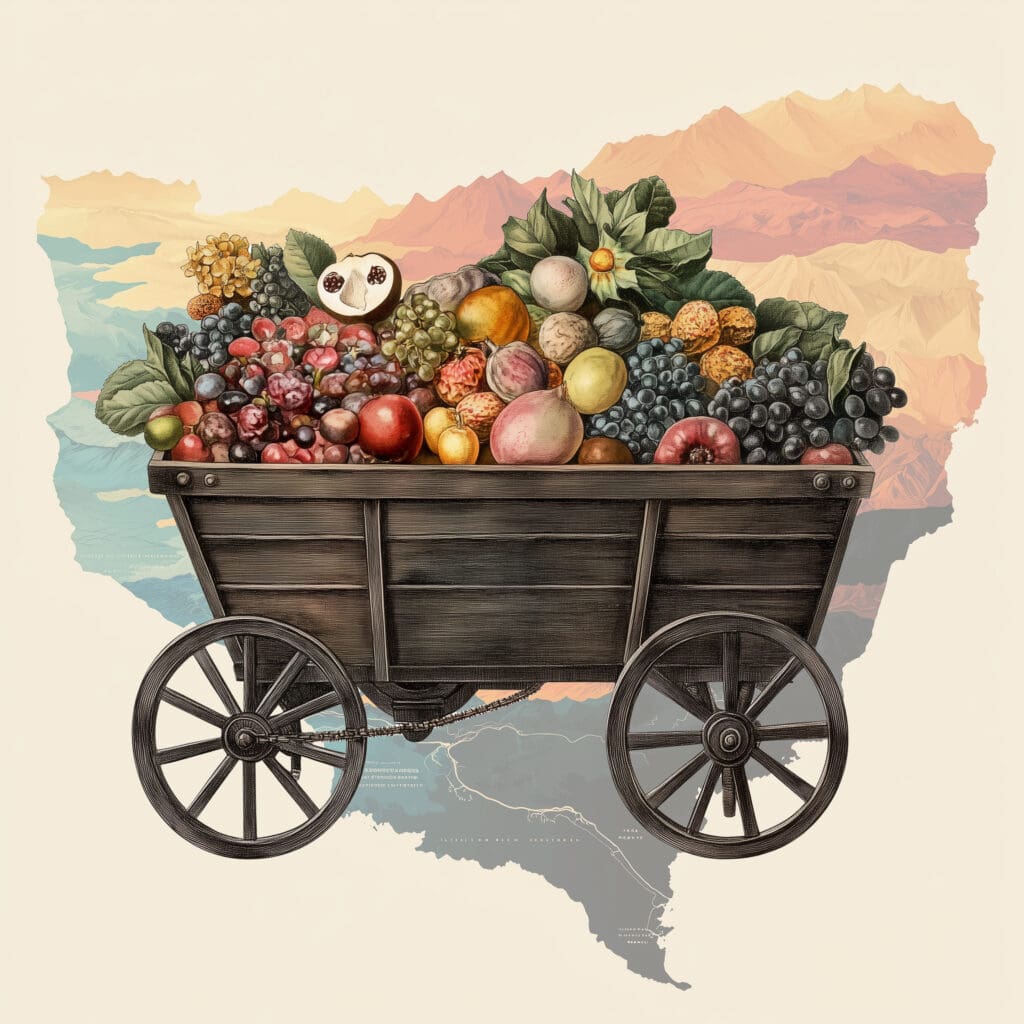
Last year marked our joyful anniversary: one year since 70% of Quito chose nature, life, and the countryside; one year since mining was banned in our city. This historic victory united both the urban and the rural territories of the capital, creating a legal framework to protect the biodiversity of the region.
On this anniversary, together with the victorious comrades from the Yasuní referendum (who banned oil extraction in that territory, on the same date), we filled our pockets with intangible seeds. While we marched with a collective heartbeat, taking each step at 2,850 meters above sea level, we planted those seeds; which brimmed with the importance of connection and unity that moves toward a new collective future, one that is full of reverence for nature.
The march ended at La Carolina Park where we settled on a bridge that overlooked the park’s small artificial lagoon. We set up an altar symbolizing the importance of food while an activist canoe floated on the lagoon’s water. Park-goers started gathering, curious about our celebration.
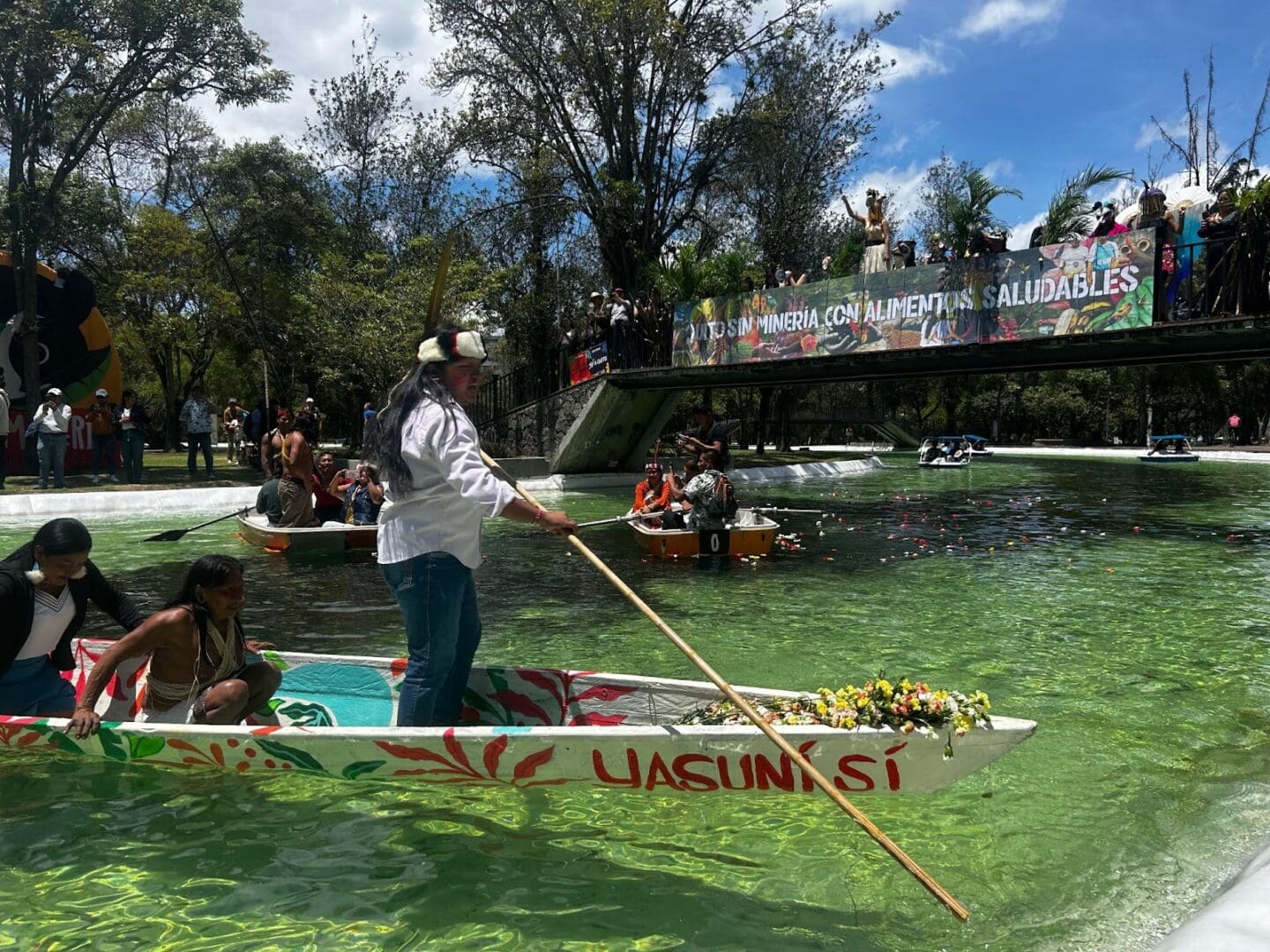
The heartbeat pulsed stronger and stronger, until for a moment, it took us over, and I believe everyone in that park, even for the most fleeting of seconds, felt how essential the Chocó Andino is. We honored the life it holds, its clean water, and its place as sacred. I hope we never forget or underestimate the importance of these moments, when as a deliberate pack, we give thanks, honor, reaffirm our purpose, and celebrate. Here, with dancing and cries of justice, it is clear: celebration and struggle are necessary accomplices.
Building Community Through Activism
In preparation for this event, we made art and prepared food. We gathered for a chef’s cooking class, chopped vegetables, and talked about our projects, about every person’s different but complementary initiatives of hope and activism. Artists, volunteers, and inhabitants of the Chocó Andino joined together. We reminded ourselves that planting seeds of collectivity will inevitably bear the fruits of a strengthened social fabric and further organization. Each time we meet or march, we come closer to realizing the future we collectively pine for.
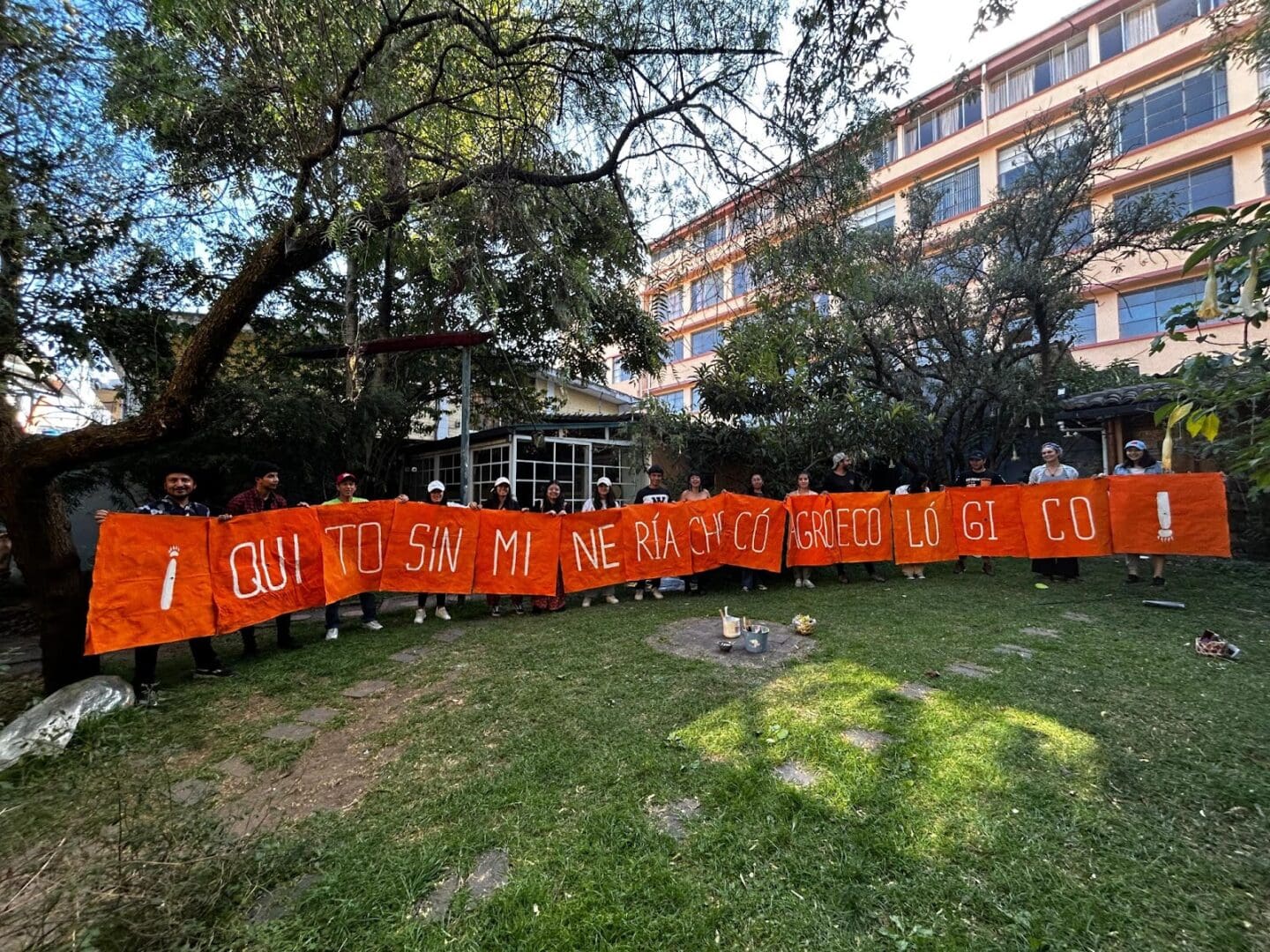
Quito Sin Minería does not hold obvious power like a presidential band, but we have relentless intertwined roots. Our re-existence points us towards healing the imbalance we see everyday: the accumulation of power that robs the great womb of Pachamama, and an intense call to protect her. Truly, the call is to protect ourselves and give a worthy world to those who follow.
The celebration of our anniversary lasted only a few hours, but in the cement, the memory of the marching volunteers is still alive, in the water, the memory of the floating canoe remains and in our hearts, seeds are sprouting. The heartbeat of the Chocó expands.
More About Vivi
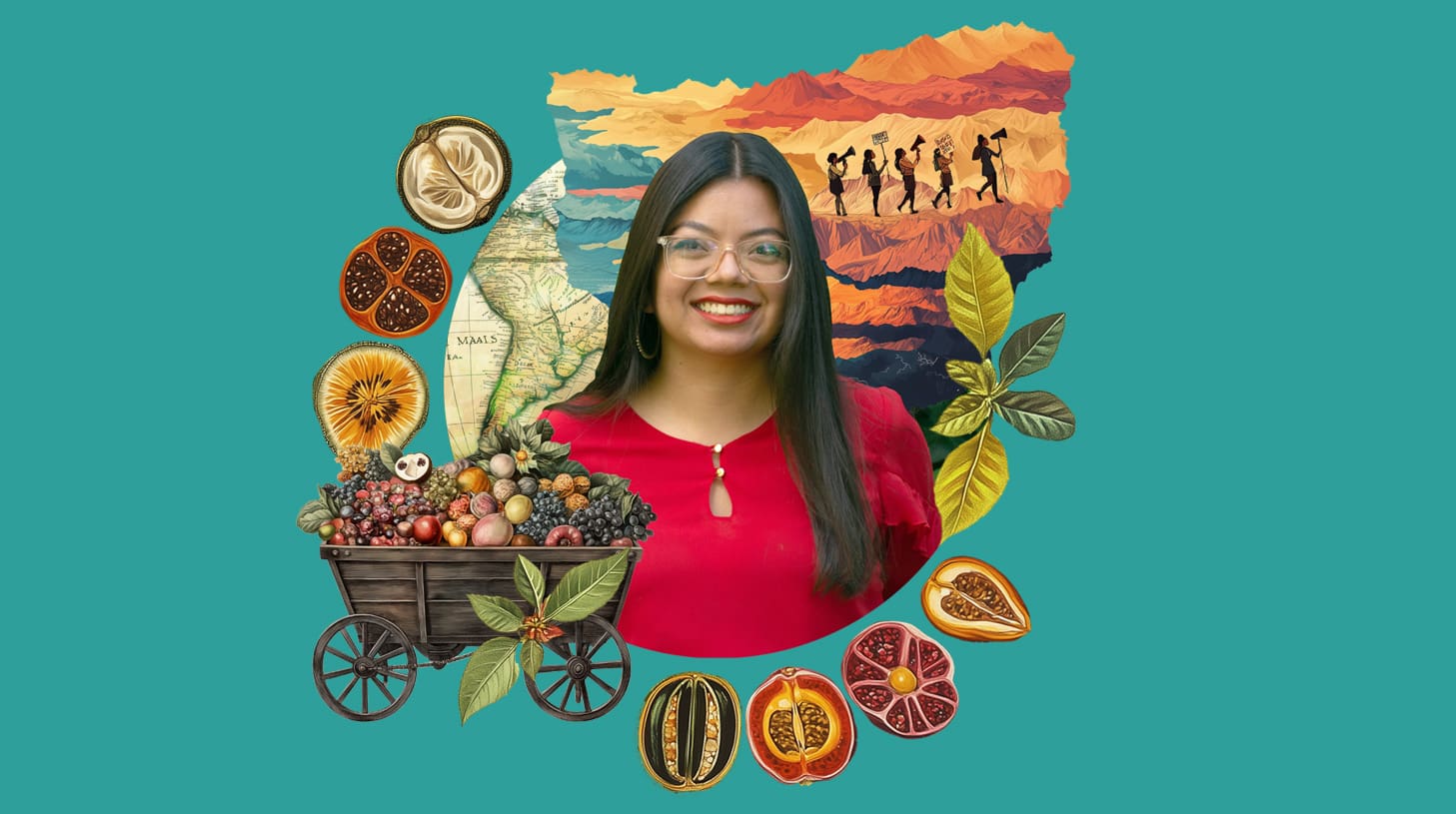
Maria Victoria ‘Vivi’ Jaramillo is a Human Geographer and ecological activist who has been at the forefront of environmental protection efforts in Ecuador since 2019. As an Omega Resilience Awards (ORA) Latin America 2024 Fellow, she continues to champion the cause of ecological preservation in her native country.
Vivi’s journey began in 2015 when she obtained a scholarship to study in London, where she focused on human-environmental relations. During her time there, she joined Extinction Rebellion, a civil disobedience movement addressing the ecological crisis. She continued this work at the Latin American regional level from 2021 until 2022.
Her commitment to environmental causes led her to co-found the Movement of Environmental Organizations of Ecuador (MOAE), where she organized youth climate strikes at a national level. She has also collaborated with the digital magazine mutantia.ch, conducting research on the harmful effects of Ecuador’s agricultural industry, and participated in the comprehensive post-Covid initiative called “The Eco-social Pact of the South.”
Vivi joined Quito Sin Minería’s team of volunteers in 2022 and was instrumental in collecting signatures to push for an anti-extractive popular consultation. Her team collected approximately half a million signatures, demonstrating the widespread support for environmental protection in the region. Throughout 2023, Vivi gave talks to 4,000 school students, led the group of volunteers, and conducted the territorial-activist campaign for the vote in favor of nature. This campaign culminated in the successful referendum that prohibited mining in six districts in the Metropolitan District of Quito—the anniversary we celebrate today.
Currently, Vivi is pursuing studies related to children’s and women’s mental health while continuing her advocacy work, embodying the spirit of resilience and commitment that defines the Omega Resilience Awards collective.
Thank you to Esteban Barriga for his important contribution in the elaboration of this text.



